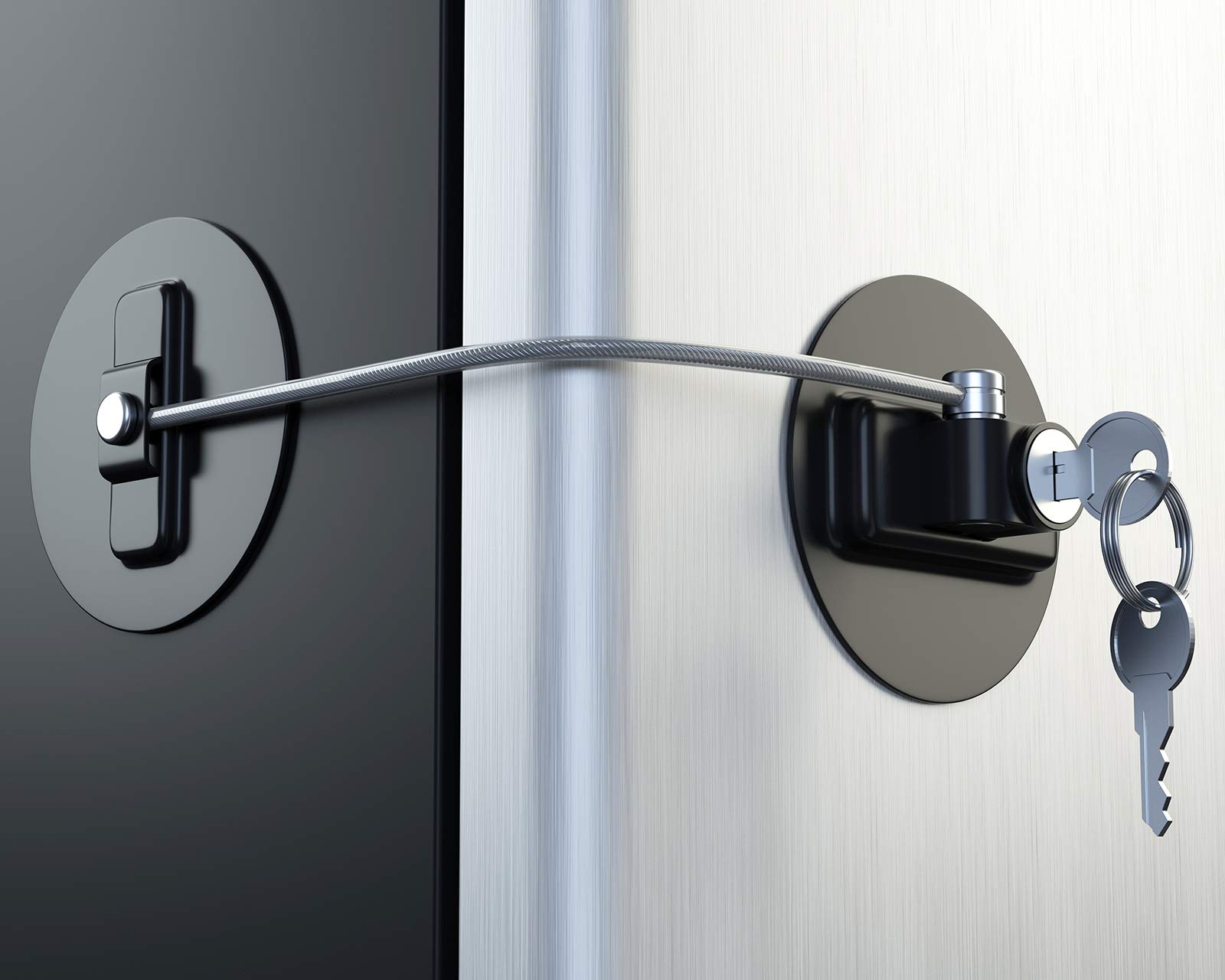

Articles
How To Lock A Refrigerator
Modified: August 31, 2024
Discover articles that provide essential tips and tricks on how to lock a refrigerator and keep your food secure. Learn effective methods and find the best locks for your needs.
(Many of the links in this article redirect to a specific reviewed product. Your purchase of these products through affiliate links helps to generate commission for Storables.com, at no extra cost. Learn more)
Introduction
A refrigerator is an essential appliance in any kitchen, providing a convenient and reliable way to keep perishable items fresh and safe to consume. However, there may be certain situations where it becomes necessary to lock a refrigerator. Whether you have young children at home, want to safeguard valuable items, or simply need to prevent unauthorized access, implementing a refrigerator lock can provide the security and peace of mind you desire.
In this article, we will explore the various reasons why someone might want to lock a refrigerator, the different types of refrigerator locks available, and how to choose the right lock for your specific needs. We will also provide you with a step-by-step guide on how to install a refrigerator lock, as well as some additional tips and considerations to ensure you make the most out of your locked refrigerator.
So, if you’ve been wondering about the benefits and process of locking a refrigerator, you’ve come to the right place. Let’s dive in and explore this topic in detail.
Key Takeaways:
- Locking a refrigerator provides child safety, food security, and protection for valuable items. Choose the right lock, install it carefully, and maintain organization for efficient and secure use.
- Consider reasons for locking a refrigerator, explore lock types, and follow installation steps. Regularly clean the lock, store perishables properly, and share access codes wisely for maximum benefit.
Read also: 6 Best Refrigerator With Lock for 2025
Reasons for Locking a Refrigerator
Locking a refrigerator can serve a variety of purposes, depending on individual needs and circumstances. Here are some common reasons why people choose to lock their refrigerators:
- Child safety: One of the primary reasons for locking a refrigerator is to keep young children safe. Toddlers and young children are naturally curious and may attempt to access the refrigerator, potentially putting themselves at risk. By installing a lock, you can prevent them from opening the refrigerator door and gaining access to potentially harmful items such as medications, cleaning products, or spoiled food.
- Food security: Locking a refrigerator can be particularly useful in shared living spaces, such as dormitories or shared apartments. It helps ensure that your food and beverages are protected from being consumed or tampered with by roommates or visitors. This is especially relevant if you have dietary restrictions or need to store medication that requires refrigeration.
- Protecting valuable items: Some people may choose to lock their refrigerator to safeguard valuable items. This could include items like expensive bottles of wine, specialty food items, or even sensitive documents or electronic devices that need to be kept cool.
- Preventing overeating: For individuals who struggle with overeating or have specific dietary goals, a locked refrigerator can provide a physical barrier that acts as a reminder and deterrent to mindless snacking or impulsive eating. It can help create healthier eating habits and promote self-control around food.
- Specialized diets: Certain diets require strict control and monitoring of food intake. For individuals following these diets, a locked refrigerator can be a practical solution to avoid temptations or ensure compliance with their specific eating plan.
- Securing medication: Some medications, such as insulin or certain fertility drugs, need to be refrigerated to maintain their effectiveness. Installing a lock on the refrigerator can help ensure that these medications are securely stored and easily accessible when needed.
These are just a few of the many reasons why someone might choose to lock their refrigerator. Understanding your specific needs and circumstances will help you determine whether investing in a refrigerator lock is the right choice for you.
Types of Refrigerator Locks
When it comes to locking a refrigerator, there are several different types of locks available. Each type offers varying degrees of security and convenience. Let’s explore some common types of refrigerator locks:
- Padlock-style lock: This type of lock typically involves a metal hasp attached to the refrigerator door and a padlock that goes through the hasp to secure it. Padlock-style locks provide a high level of security, but they may be more cumbersome to use on a daily basis. You will need to keep track of the padlock key and take the time to unlock and lock the refrigerator each time you need to access it.
- Cable lock: A cable lock consists of a strong steel cable looped through the handles or secure points on the refrigerator door. The lock is then secured using a combination or key. Cable locks are relatively easy to install and offer flexibility in terms of where you can secure them. They allow you to lock and unlock the refrigerator without the need to detach any parts.
- Keyed lock: Keyed locks are similar to padlock-style locks but typically come with a built-in mechanism that attaches directly to the refrigerator door. They often feature a twist or push-lock design that requires a key to be inserted and turned to secure or open the lock. Keyed locks offer a balance between security and convenience, allowing quick access to the refrigerator with the use of a key.
- Electronic lock: Electronic refrigerator locks use digital technology to secure and unlock the refrigerator. These locks usually come with a keypad or touch screen interface where you can enter a code or use a fingerprint scanner to gain access. Electronic locks offer convenience and quick access while providing a high level of security. They are particularly suitable for situations where multiple authorized individuals need access to the refrigerator.
- Alarm lock: Alarm locks are designed to not only lock the refrigerator but also sound an alarm if someone tries to tamper with the lock or open the door without the correct access code or key. These locks provide an additional layer of security by acting as a deterrent and alerting you if there is unauthorized access to the refrigerator.
When choosing a refrigerator lock, consider your specific requirements, the level of security needed, and the ease of use. Understanding the different types of locks available will help you make an informed decision that best suits your needs.
Choosing the Right Lock for Your Refrigerator
Choosing the right lock for your refrigerator is crucial to ensure it meets your specific needs for security and convenience. Here are some factors to consider when selecting a refrigerator lock:
- Security level: Determine the level of security you require for your refrigerator. If you’re concerned about unauthorized access, you may opt for a high-security lock, such as an electronic lock or an alarm lock. On the other hand, if your main concern is child safety or preventing casual access, a simpler lock like a padlock-style or keyed lock may suffice.
- Convenience: Consider how often you need to access your refrigerator and how easily you want to lock and unlock it. If you need frequent access, a lock that is quick and easy to use, such as an electronic or keyed lock, may be more suitable. However, if convenience is not a significant factor, a padlock-style or cable lock can provide a higher level of security.
- Installation process: Some refrigerator locks require drilling or screwing into the refrigerator, while others can be attached without any permanent modifications. Consider the installation process and whether you are comfortable with drilling or modifying your refrigerator before making a decision.
- Budget: Determine your budget for the refrigerator lock. Prices can vary depending on the type and features of the lock. Padlock-style locks and cable locks tend to be more affordable, while electronic locks or locks with advanced security features may be more expensive.
- Compatibility: Ensure that the lock you choose is compatible with the type and size of your refrigerator. Measure the dimensions of your refrigerator and check the lock specifications to ensure a proper fit.
Consider these factors carefully and weigh the pros and cons of each type of lock. It may also be helpful to read reviews and gather feedback from other users to understand their experiences with different refrigerator locks.
Ultimately, the right lock for your refrigerator will depend on your specific needs and preferences. By considering security, convenience, installation process, budget, and compatibility, you can make an informed decision and choose a lock that provides the desired level of protection for your refrigerator.
To lock a refrigerator, consider using a child safety lock or a refrigerator door lock kit. These can be easily installed and will prevent unauthorized access to the refrigerator.
Steps to Install a Refrigerator Lock
Installing a refrigerator lock is a fairly straightforward process. Although the specific steps may vary depending on the type of lock you choose, here is a general guideline to help you through the installation process:
- Read the instructions: Start by carefully reading the instructions provided with the refrigerator lock. Familiarize yourself with the components and any specific guidelines or precautions.
- Clean and prepare the surface: Before installing the lock, make sure the surface area where the lock will be attached is clean and free from any debris or moisture. Use a mild cleaning solution to wipe down the area and allow it to dry completely.
- Position the lock: Determine the ideal placement of the lock on your refrigerator. Consider factors such as accessibility and visibility. If using a padlock-style lock or cable lock, decide on the location for the hasp, ensuring it aligns properly with the lock mechanism.
- Mark the mounting points: Use a pencil or marker to mark the mounting points for the lock or hasp. Ensure that the marks are aligned and at the correct distance according to the lock’s instructions.
- Drill or attach the lock: If required, use a drill to create pilot holes or attach the lock directly to the marked mounting points. Follow the instructions provided by the lock manufacturer, using the appropriate tools and techniques.
- Secure the lock: Once the lock is attached or installed, make sure it is secure and properly aligned. Test the lock to ensure it functions as intended, ensuring the door can be locked and unlocked smoothly.
- Test the lock: After installation, test the lock by attempting to open the refrigerator door. Ensure that the lock engages properly and prevents the door from opening when locked. Also, confirm that the lock is easy to unlock when you need to access the refrigerator.
It’s essential to follow the specific instructions provided by the manufacturer for your chosen lock, as the installation steps may vary. If you feel unsure about the installation process, consult a professional or reach out to the manufacturer’s customer support for assistance.
Remember, safety should be a priority during installation. Take appropriate precautions, wear protective gear if necessary, and seek professional help if needed.
By following these steps, you can successfully install a lock on your refrigerator and enjoy the added security and peace of mind it provides.
Additional Tips and Considerations
When it comes to locking a refrigerator, there are a few additional tips and considerations that can help you make the most out of your locked refrigerator. Take a look at the following:
- Maintain organization: Keeping your refrigerator organized can help maximize its efficiency and make it easier to find items. Use clear containers, labels, and shelf organizers to create a system that works for you. This can also help you quickly locate and access items without spending unnecessary time with the refrigerator door open.
- Regularly clean and inspect the lock: Clean the lock periodically using a gentle cleanser and a soft cloth to remove any dust or debris. Regularly inspect the lock to ensure it is functioning properly and there are no signs of wear or damage.
- Store perishables properly: Properly storing perishable items in the refrigerator can help extend their shelf life and prevent food waste. Make use of airtight containers, zip-lock bags, and food storage wraps to keep your food fresh for longer.
- Share access codes or keys wisely: If you have a lock with access codes or keys that need to be shared with others, be mindful of who you trust with the access information. Only provide access to authorized individuals who can responsibly and safely handle the contents of the refrigerator.
- Keep a spare key or backup access code: It’s always a good idea to have a spare key or backup access code in case you lose the original or need to provide access to someone temporarily. Keep the spare in a secure place, but separate from the original to avoid any complications.
- Inform household members or roommates: If you are locking a refrigerator in a shared space, communicate with your household members or roommates about the locked fridge. Explain the reasons behind it and ensure they are aware of any limitations or protocols that should be followed.
- Regularly update access codes or change locks: For electronic locks, consider changing the access codes periodically or whenever there is a change in authorized individuals. This helps maintain the security of the locked refrigerator.
- Consider alternative storage options: If you require additional secure storage for valuable items or medications, you may explore options such as lockable cabinets or safes designed for storing perishable goods.
By keeping these tips in mind, you can make the most out of your locked refrigerator and ensure its efficient and secure use.
Conclusion
Locking a refrigerator can provide numerous benefits, from ensuring child safety to protecting valuable items and maintaining food security. By understanding the reasons for locking a refrigerator, exploring the different types of refrigerator locks available, and considering the factors to choose the right lock, you can make an informed decision that suits your specific needs.
Installing a refrigerator lock can be a straightforward process if you follow the step-by-step instructions provided by the manufacturer. Remember to prioritize safety during installation and test the lock to ensure it functions properly.
Additional tips and considerations, such as maintaining organization, regularly cleaning the lock, storing perishables properly, and wisely sharing access codes or keys, can help you make the most out of your locked refrigerator.
Whether you’re concerned about child safety, food security, or protecting valuable items, locking your refrigerator can provide the security and peace of mind you desire. Take the time to evaluate your needs, explore the available options, and implement the appropriate lock that suits your requirements.
By taking these steps and considering the additional tips provided, you can enjoy the benefits of a locked refrigerator and have better control and security over its contents. Remember to revisit and reassess your locking needs periodically to ensure ongoing effectiveness and adaptability.
Locking your refrigerator is a proactive measure that can enhance the safety, security, and organization of your kitchen, providing a practical solution for various situations. So go ahead and lock that refrigerator, knowing that you have taken a responsible step towards a more secure and efficient home.
Frequently Asked Questions about How To Lock A Refrigerator
Was this page helpful?
At Storables.com, we guarantee accurate and reliable information. Our content, validated by Expert Board Contributors, is crafted following stringent Editorial Policies. We're committed to providing you with well-researched, expert-backed insights for all your informational needs.
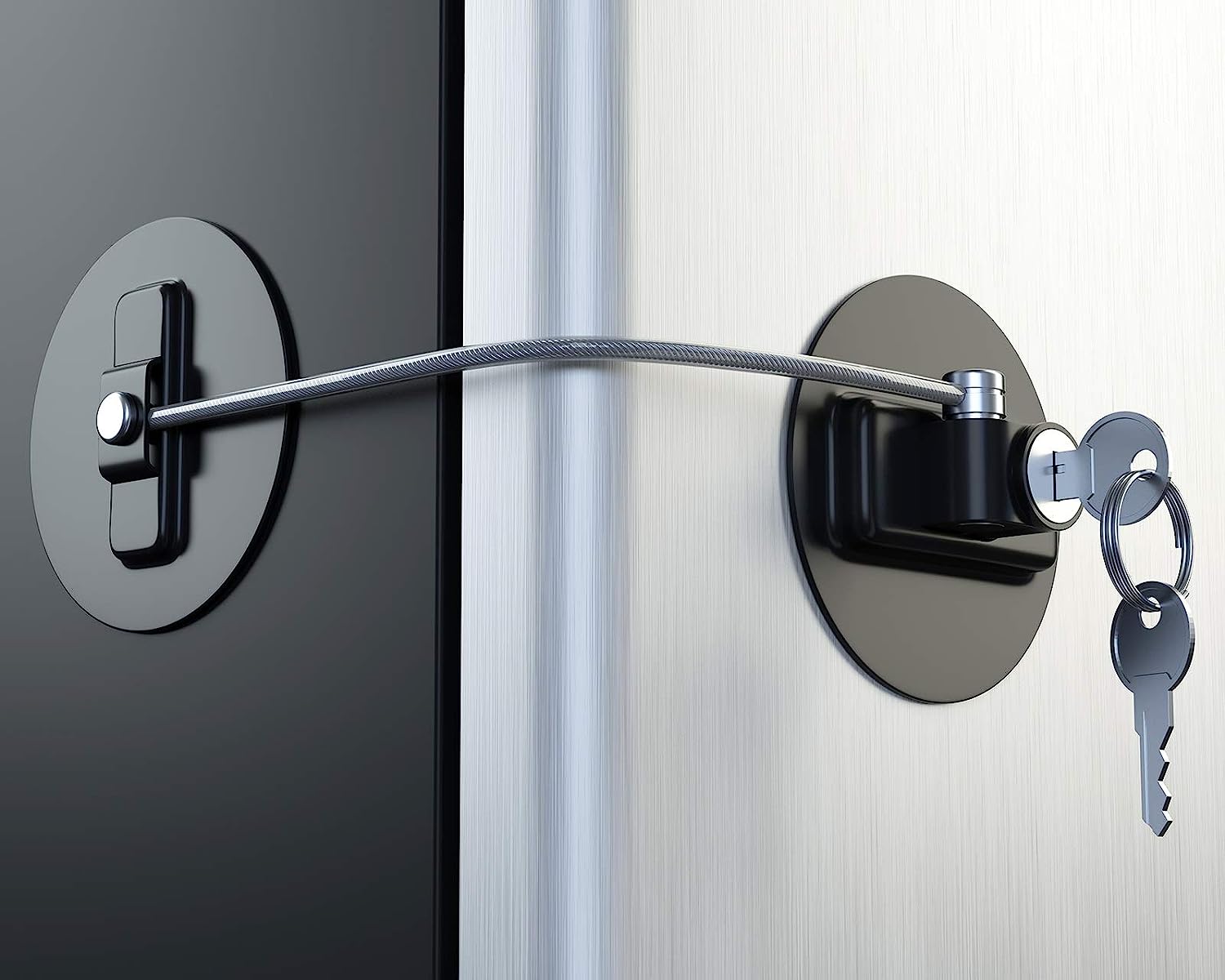
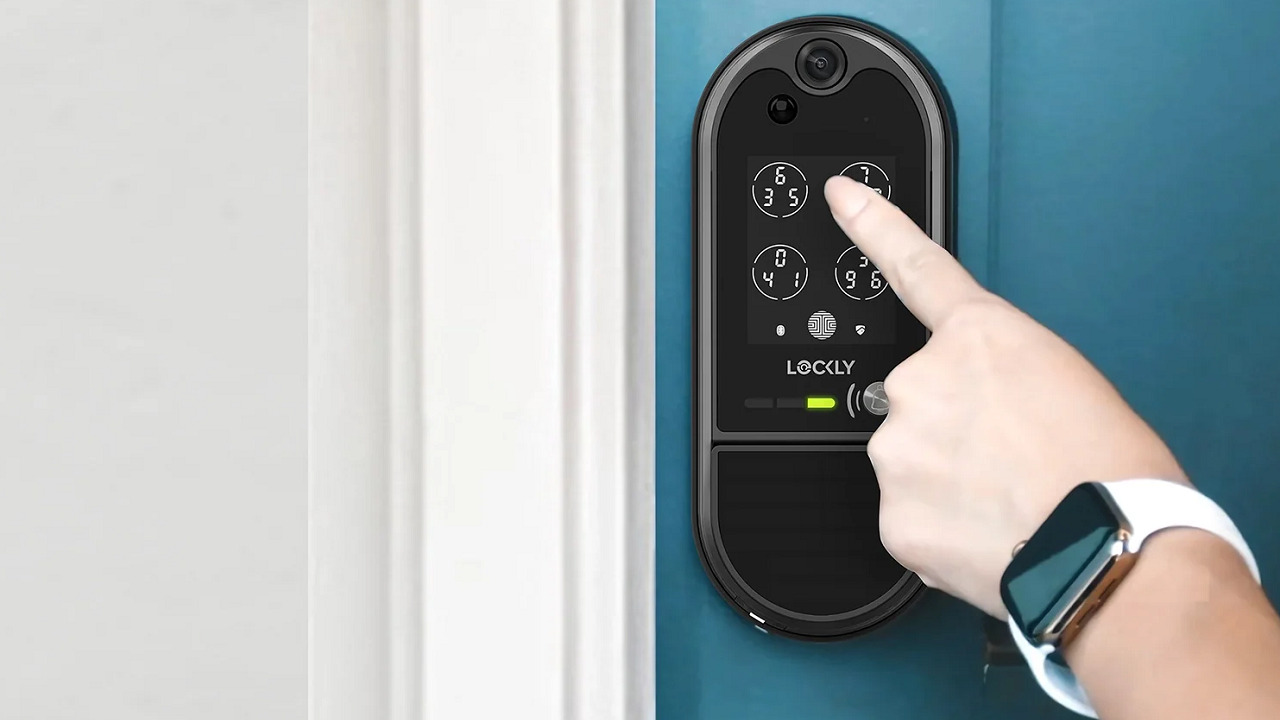
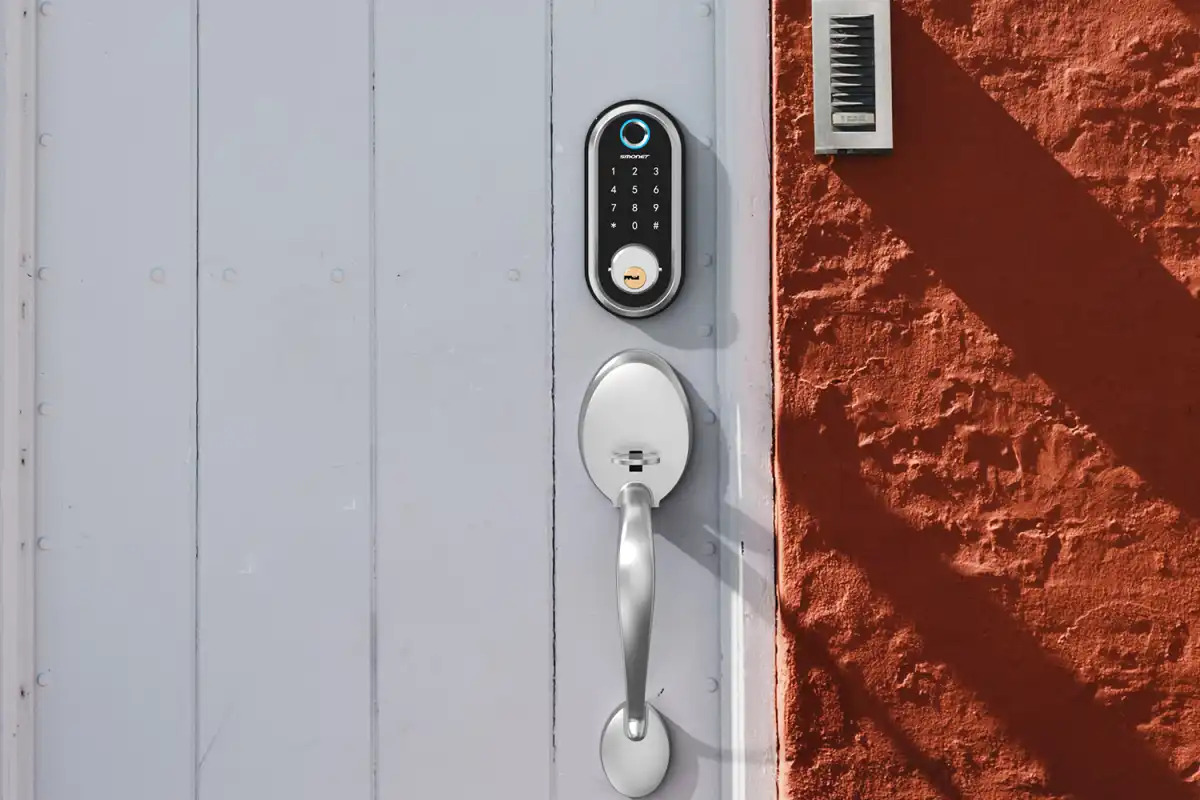
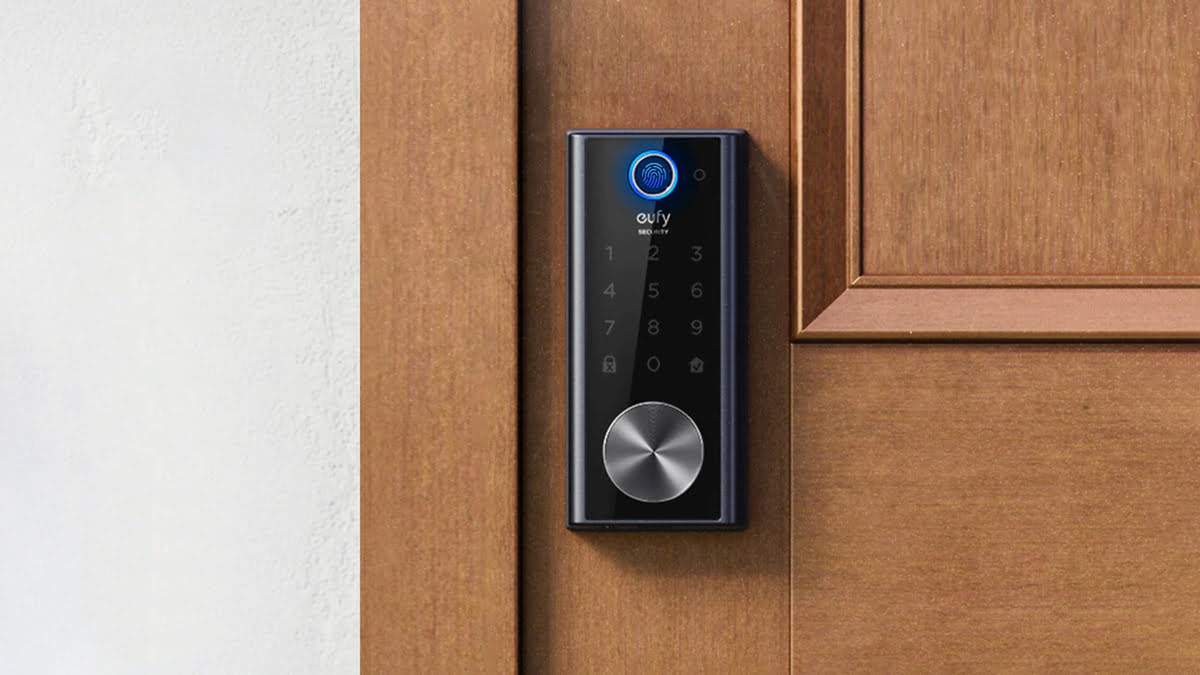
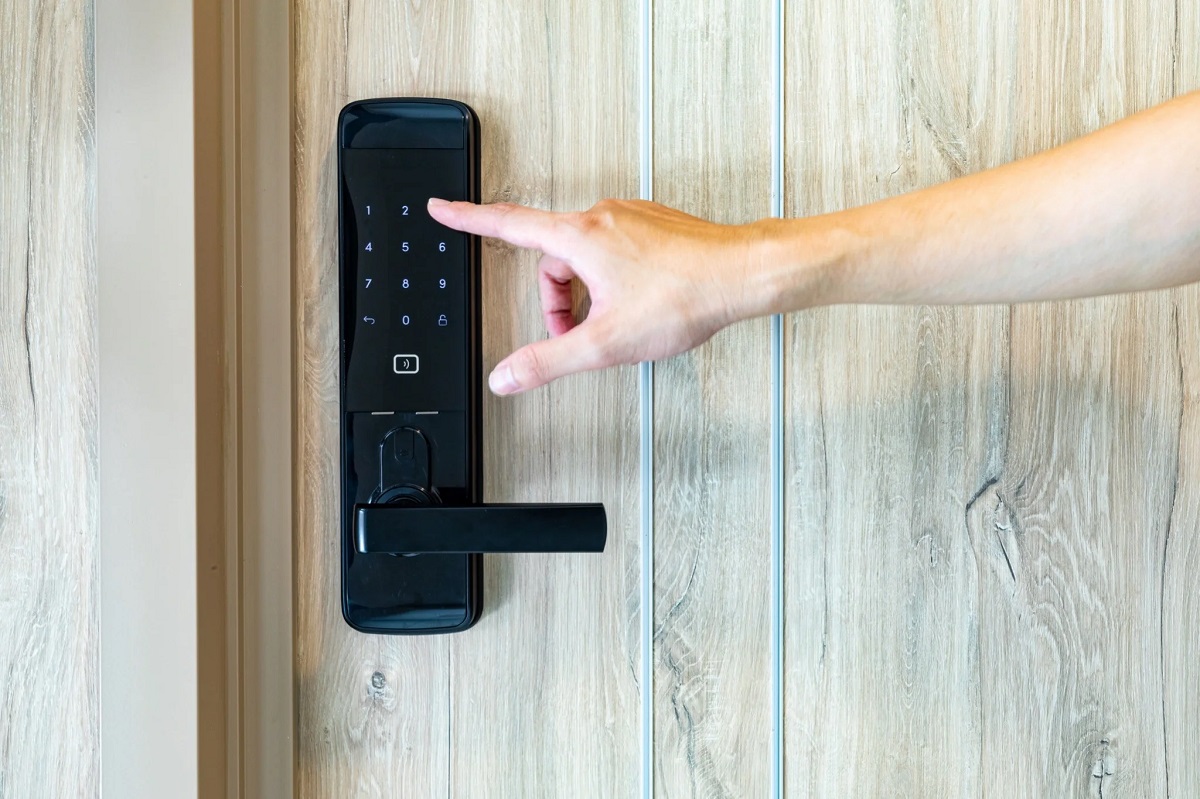
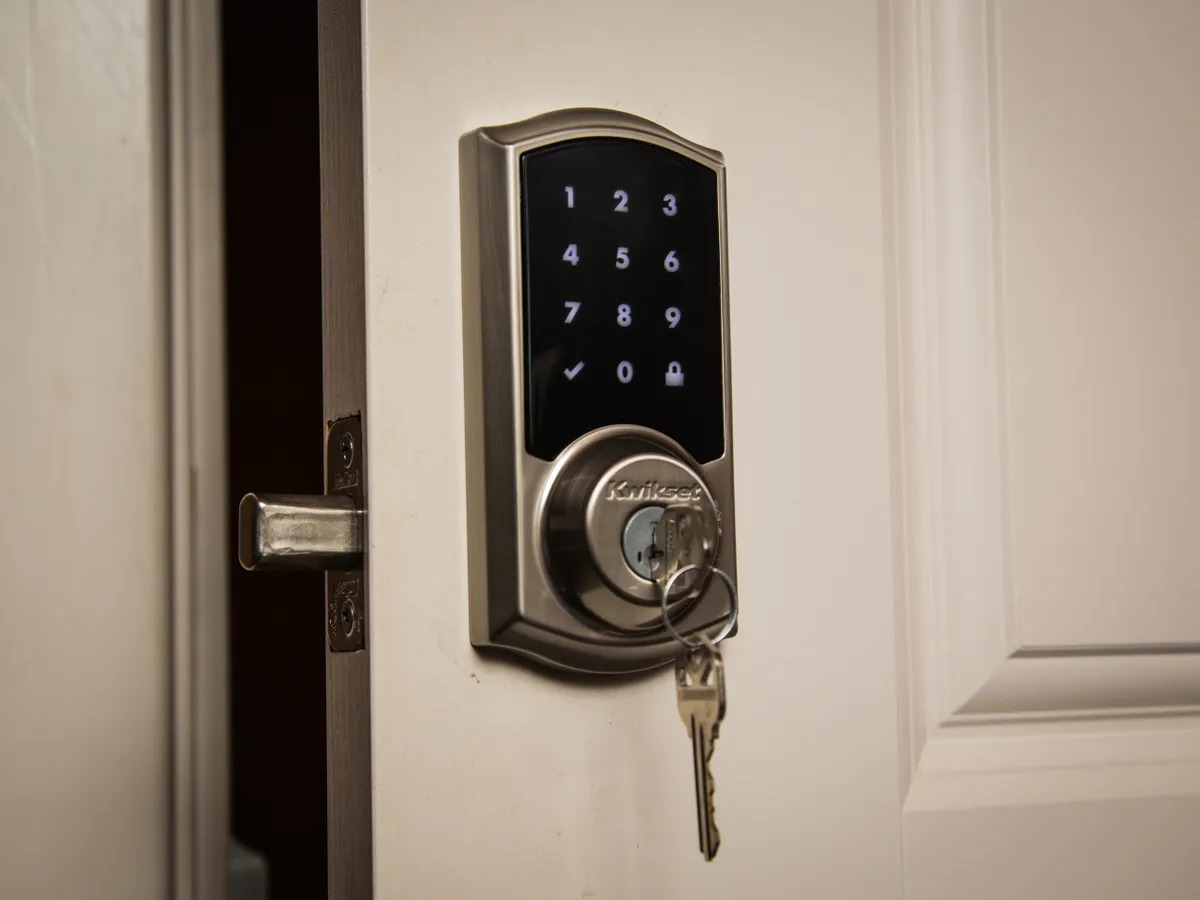
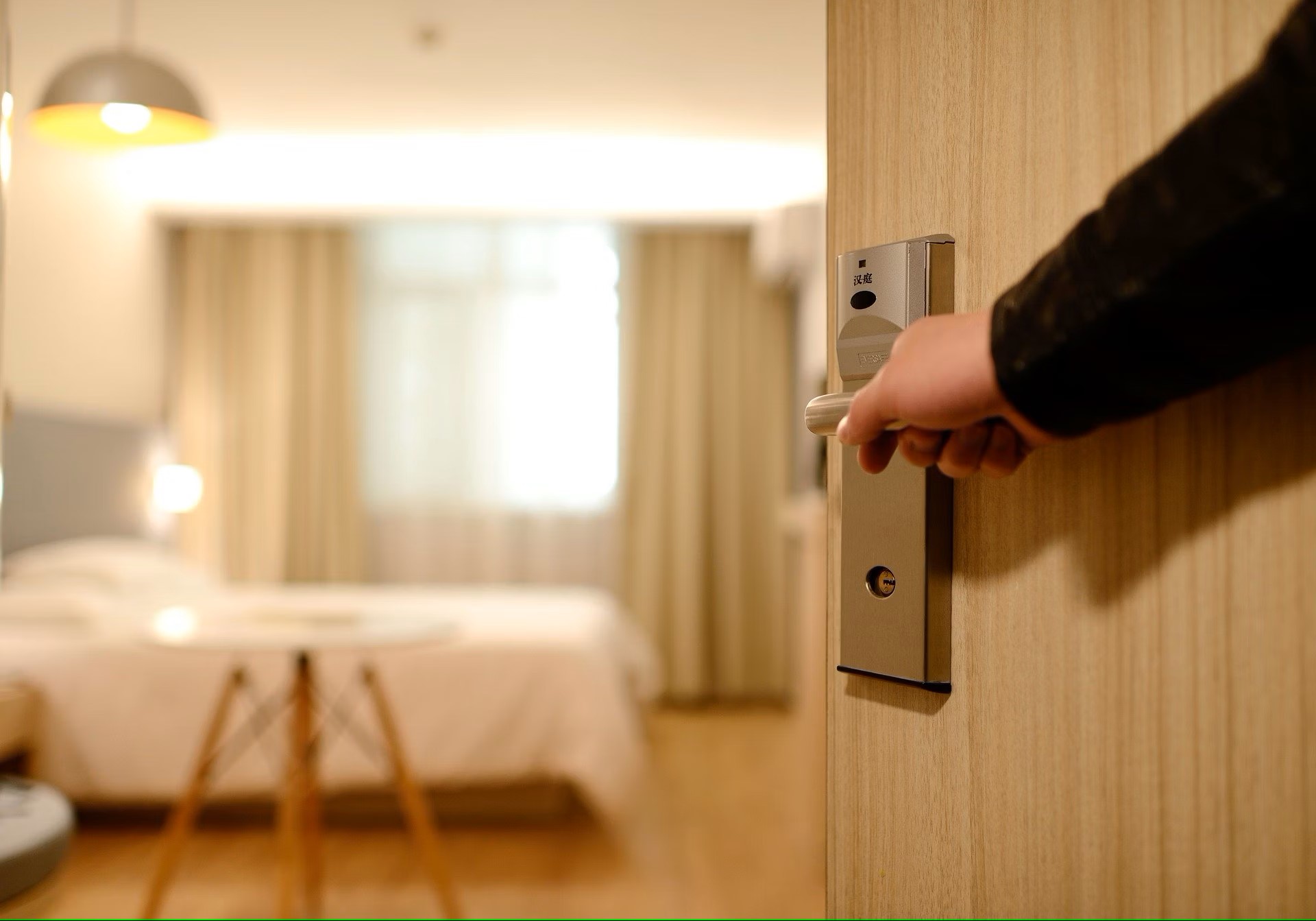
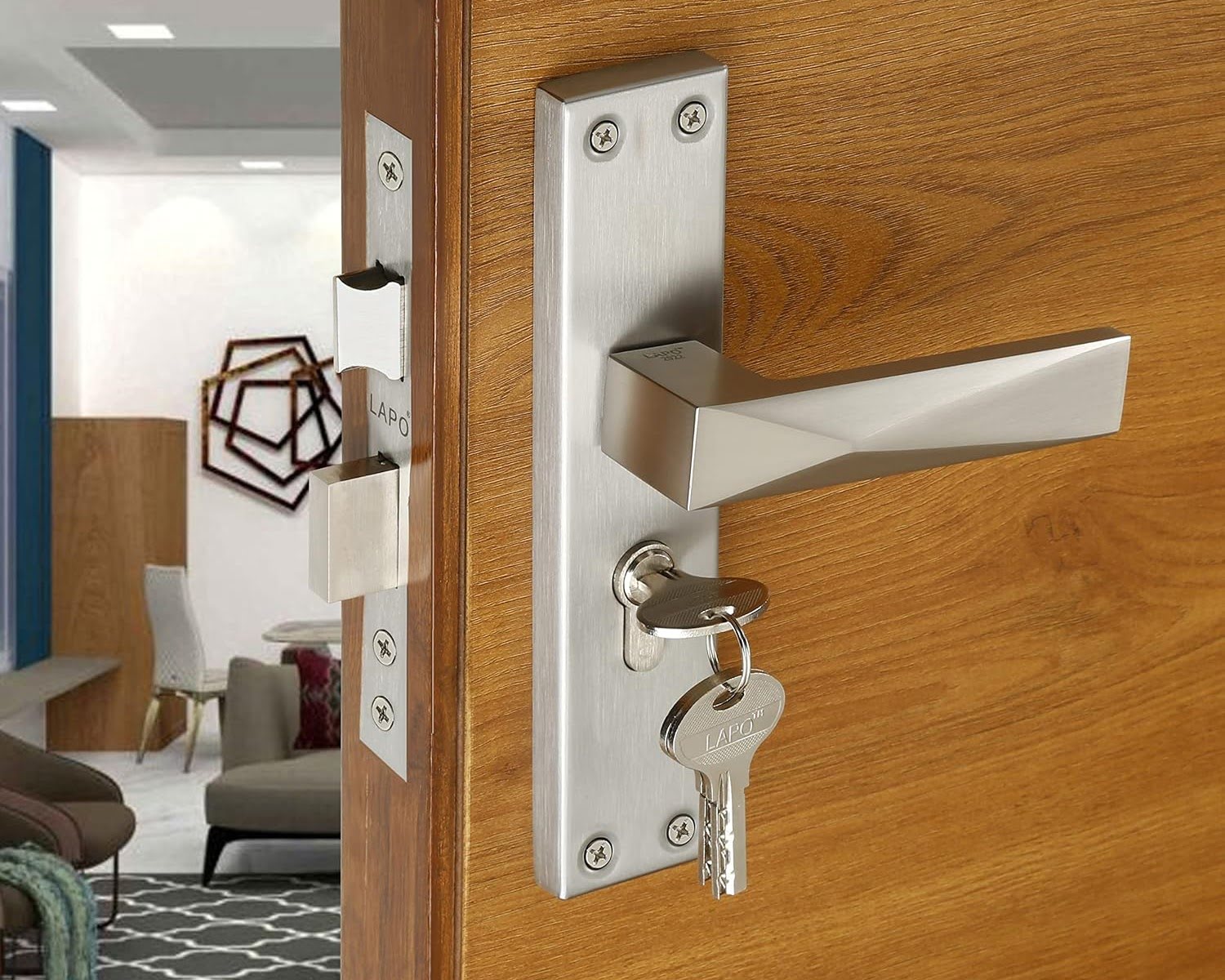
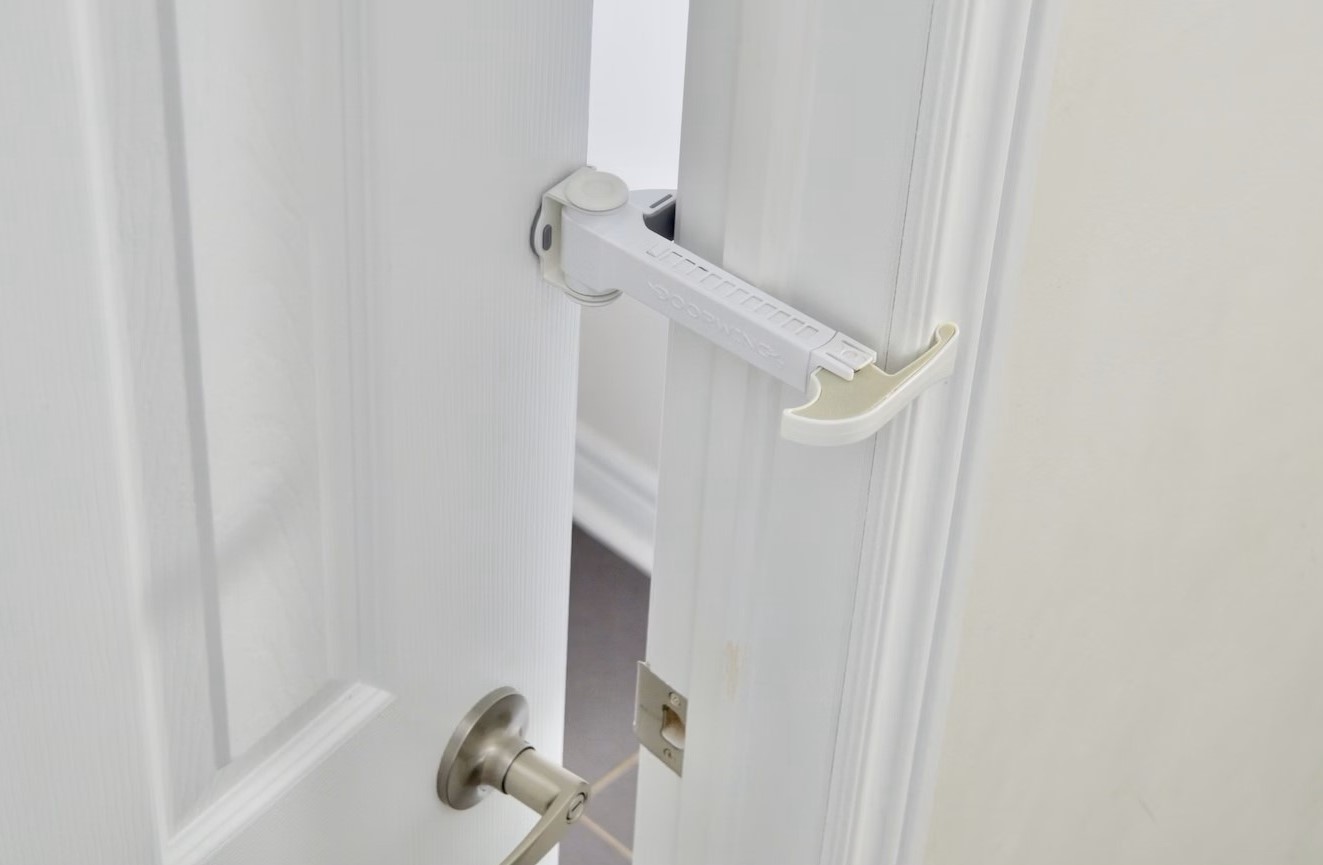
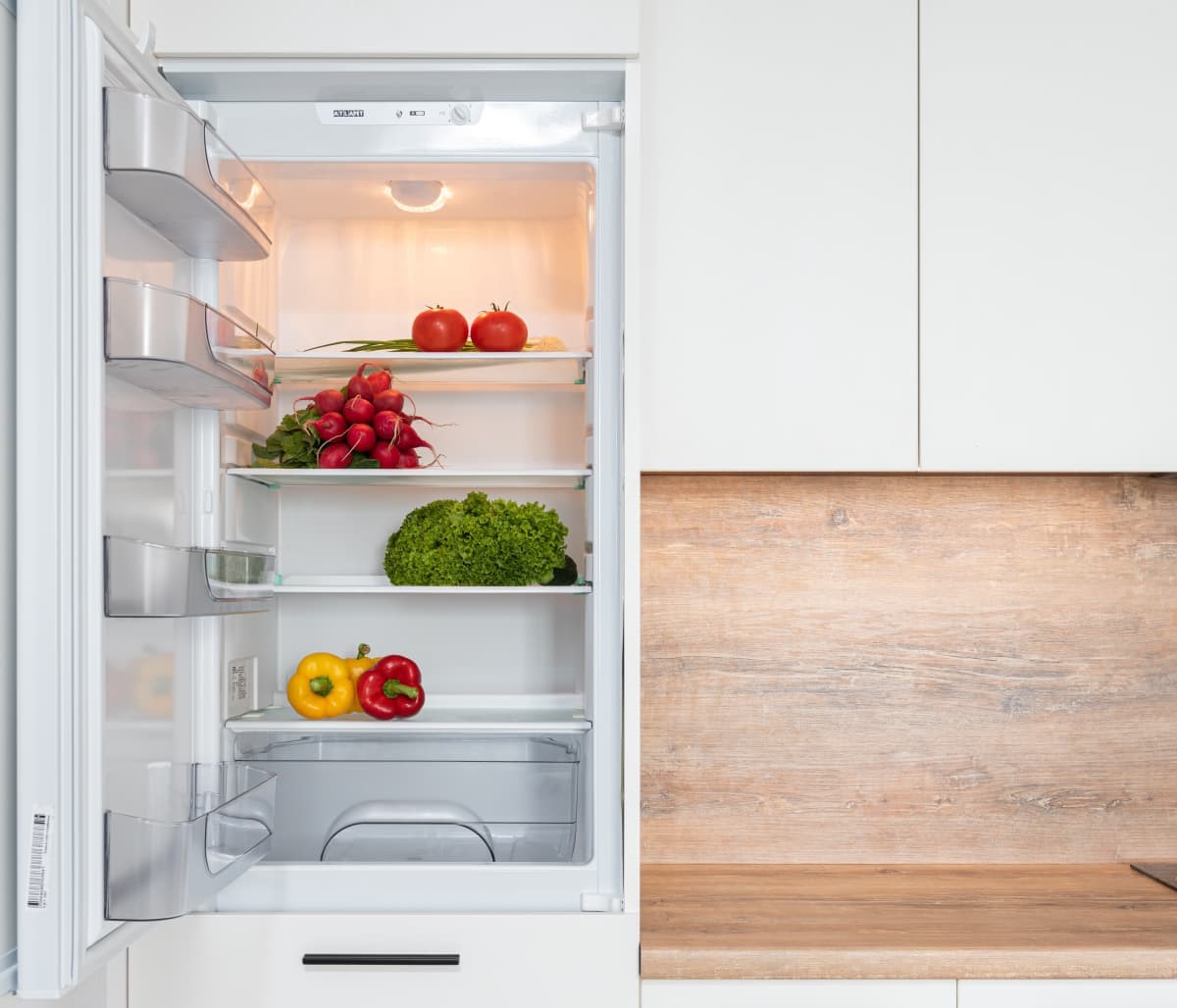

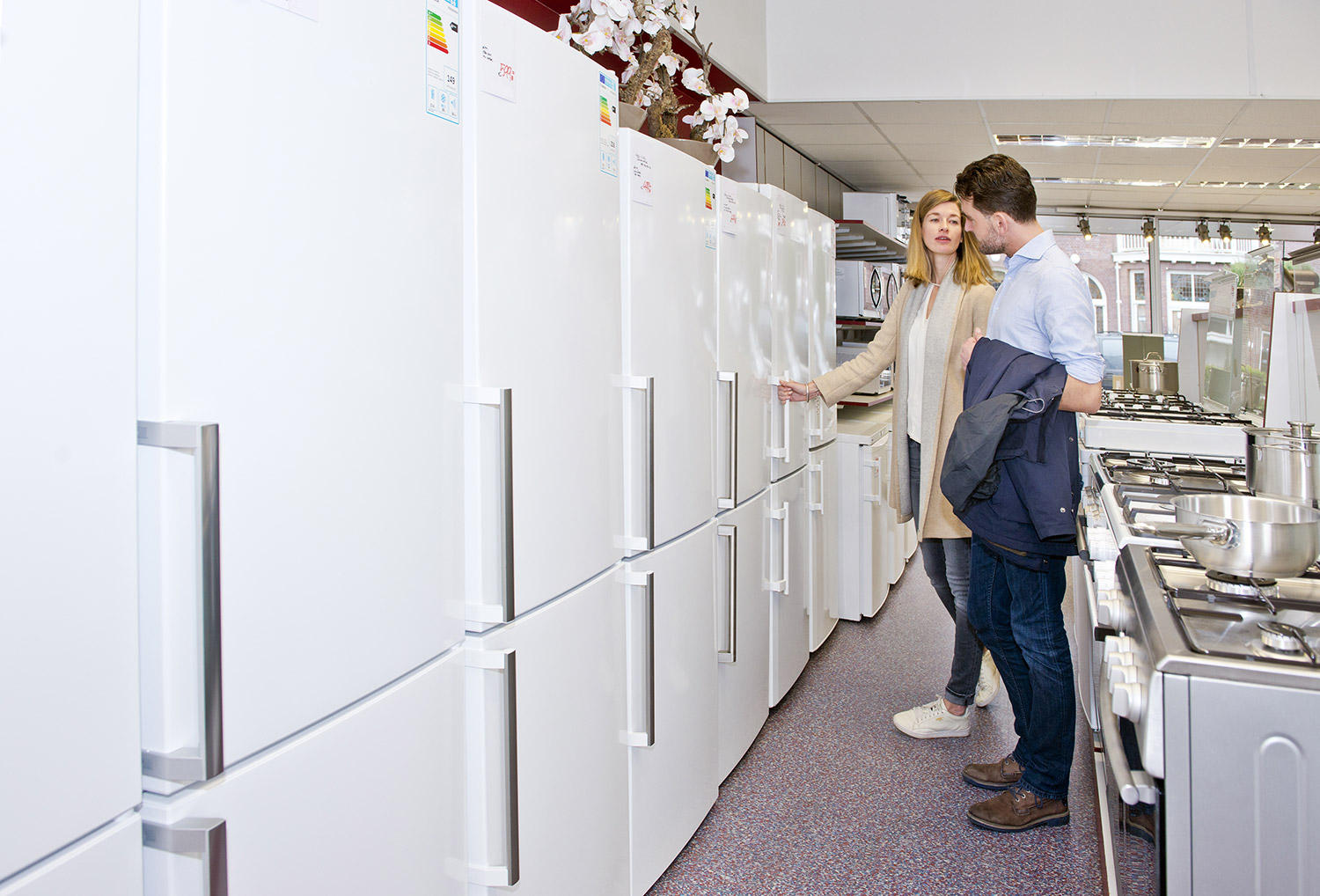
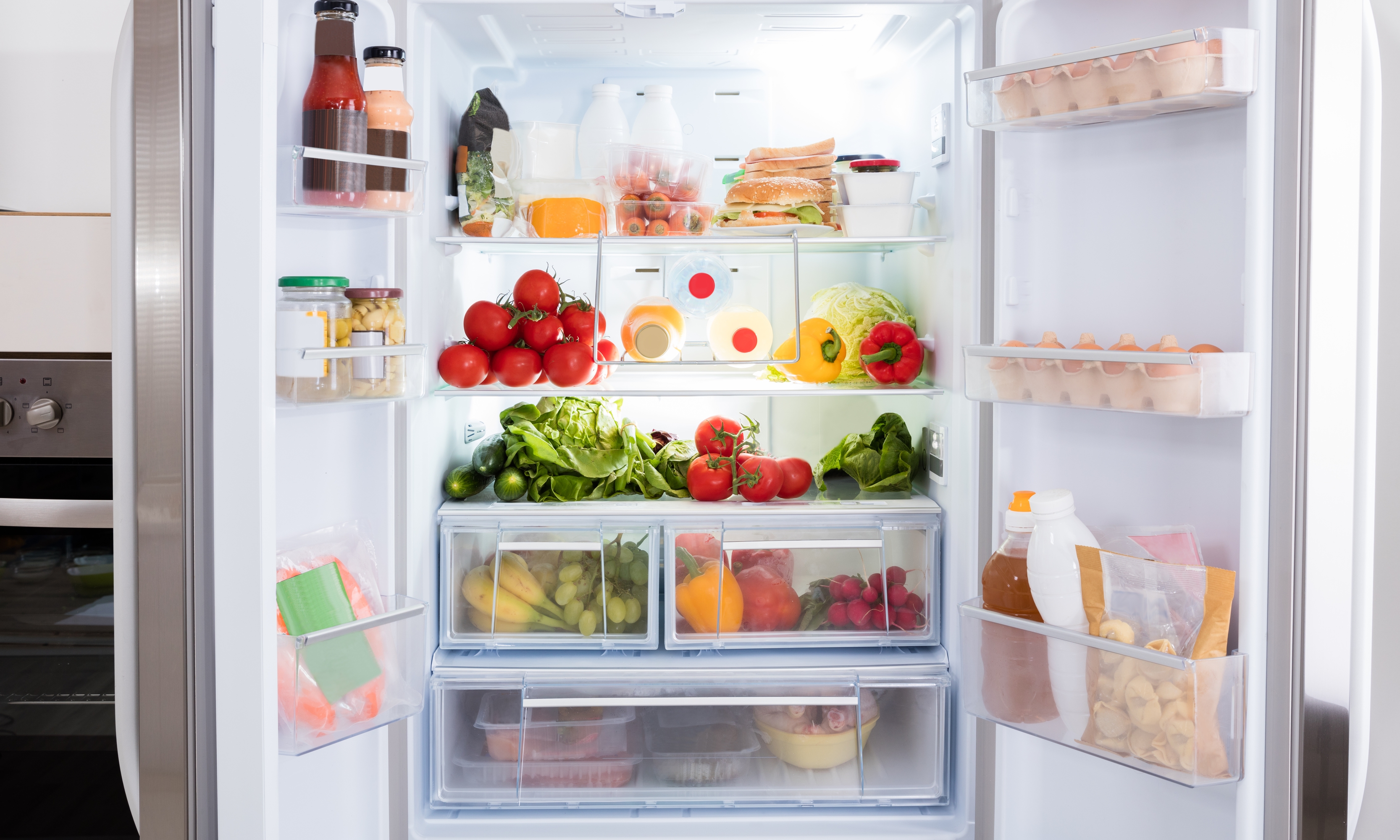


0 thoughts on “How To Lock A Refrigerator”